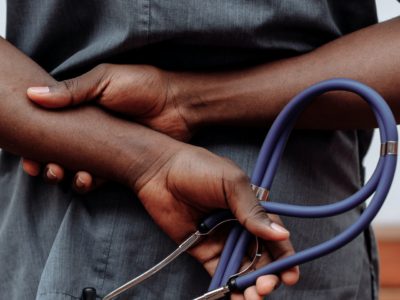The number of infections is still rising in Denmark, but the country says it will lift virus restrictions next week and reclassify Covid-19 as a disease that no longer poses a threat to society.
The Nordic country, which has one of the highest vaccination rates in the world, will not extend the pandemic measures past January 31, according to Prime Minister Mette Frederiksen.
Denmark’s decision to reclassify the virus dramatically advances an idea that has recently gained traction in Europe: it’s time to think of Covid as an endemic rather than a pandemic.
Experts from the World Health Organization, on the other hand, have cautioned against complacency.
The easing of curbs also echoes recent moves elsewhere — including Ireland and the U.K. — to scale back restrictions amid signs that omicron is less dangerous than earlier variants of the virus.
Restrictions don’t seem to be able to stop the highly transmissible omicron strain, either.
In the last two months alone, about one million Danes have been infected, though hospitalizations in the country are on the decline.
There are 44 Covid-19 patients in intensive-care units across the 5.8 million-strong country, down from 73 two weeks ago.
“The pandemic is still here, but with what we know now, we dare to believe that we have passed the critical phase,” Frederiksen said, describing the development as “a watershed moment.”
After a sub-variant of omicron, BA.2, became the dominant virus version in the second week of the year, the disease is spreading more quickly in Denmark.
According to preliminary estimates from Danish health authorities, it may be 1.5 times more infectious than the BA.1 sub-variant, which accounts for 98 percent of all omicron cases worldwide.
Denmark is a step ahead of its Nordic neighbors in terms of economic development.
Due to an increase in infections, Swedish authorities have extended their restrictions, but they expect to be able to lift most of them within two weeks.
Only “extreme” action would slow the spread of the omicron variant, according to Norway’s Institute of Public Health, which said Wednesday that measures can be gradually reduced.
Restaurant and bar opening hours are currently restricted in Denmark, as is the use of alcohol.

















